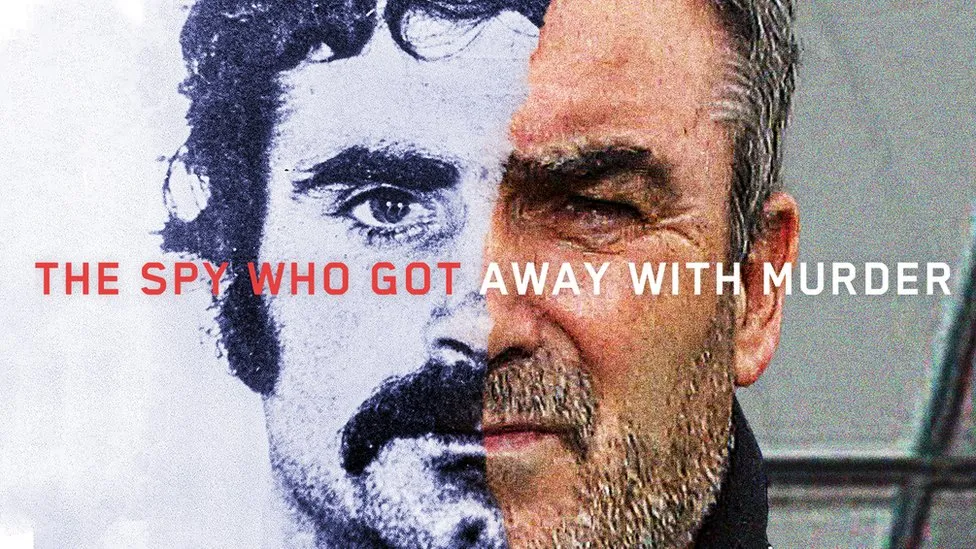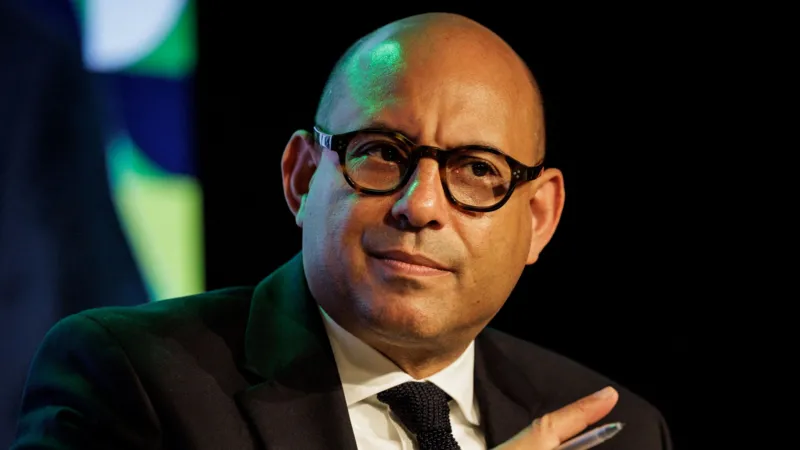Army's IRA spy Freddie Scappaticci admitted killing suspected informer
The man suspected of being one of the British Army's top agents within the IRA admitted in 1990 that he had shot dead a suspected informer.

The detail has been uncovered in a court document during a BBC Spotlight investigation into his activities.
Freddie Scappaticci, who died in April, had always denied that he was the agent given the codename Stakeknife.
Stakeknife is thought to have been linked to more than 20 murders during the Troubles in Northern Ireland.
By 1990 Freddie Scappaticci had become the IRA's chief spy catcher within its internal security unit.
It was known as the "nutting squad" because the informers it uncovered were shot in the head - the nut - and their bodies were dumped after interrogations involving torture.
In February 1989 Joe Fenton was shot dead after being interrogated by the IRA's internal security unit in a house in west Belfast.
No-one has ever been charged with his murder.
Several months later, another suspected informer Sandy Lynch was brought to the same property to be interrogated by Freddie Scappaticci and others.
Spotlight has spoken to Gerard Hodgins, a former IRA prisoner, who was also one of the individuals in the house where Sandy Lynch was being held.
"I had no idea that his name was Sandy Lynch at this time - we were just told to go to a house and babysit, the guy was an informer," he told the programme.
However, unlike many suspected informers within the IRA's ranks, Sandy Lynch survived after the police raided the property.
By then Freddie Scappaticci had already left the house but he had left something behind - fingerprints on the battery of an anti-bugging device.
A police fingerprint expert said he was certain that the imprint was made by "Frederick Scappaticci".
To avoid arrest Freddie Scappaticci went on the run to the Republic of Ireland for a time.
Sandy Lynch, who was a police informer, went on to give evidence in court before he entered a protection programme.
As part of his court deposition he detailed the IRA interrogation he was subjected to, including how he was stripped, blindfolded, tied up and taunted for hours by his interrogators.
"One of them told me that he enjoyed his work and that he would break me," he said.
In his deposition Sandy Lynch also made detailed references to Freddie Scappaticci.
"He said that I would wake up hung upside down in a cowshed and he would talk to me the way that he wanted to talk to me, that he would skin me alive and that no one would hear me squealing."
The body of Joe Fenton had been left in an alleyway just metres from the house where Sandy Lynch was being interrogated.
Sandy Lynch's deposition also included graphic remarks that he said Freddie Scappaticci had made about the manner of Joe Fenton's death.
He said: "[Freddie Scappaticci] tapped me two or three times on the back of my head and said: 'You'll get it right there... like that bastard Fenton.'
"He said that he had done it."
But it seems that Freddie Scappaticci was untouchable because by the time he was arrested it was in connection with his fingerprint and he had already concocted a false alibi.
Gerard Hodgins is one of eight people whose convictions in relation to the Sandy Lynch episode were later quashed after it emerged that crucial information had been withheld from prosecuting authorities.
In the wake of the Sandy Lynch episode Freddie Scappaticci's position in the IRA was beginning to wane.
Those at the top of the IRA know exactly when they cast their spy catcher into the cold but Freddie Scappaticci did not meet the same end brutally exacted on others.
"The IRA leadership's reason for not executing Freddie Scappaticci back in 1990, in my view, was a result of a need to save their own skin," former IRA prisoner Anthony McIntyre told the programme.
"The IRA were keenly aware that every interaction they had with Freddie Scappaticci - every order they give to kill, every order they give to kidnap, every order they give to interrogate or torture, Freddie Scappaticci had passed that onto the British and also that Freddie Scappaticci may have recorded this and that they were in deep, serious trouble."
Operation Kenova, a multi-million pounds criminal investigation into the activities of Stakeknife, is being conducted by Jon Boutcher, a former chief constable of Bedfordshire Police.
Last month Mr Boutcher announced that Freddie Scappaticci had died.
Operation Kenova has been running since 2016 and its report may shine a light on details long kept in the dark about the activities of agent Stakeknife, including what was known about the interrogation of suspected informers before they occurred.
Solicitor Kevin Winters represents the families of several of those killed by Freddie Scappaticci's IRA unit.
"As I understand it there is a potential assertion that every single case that's a subject of Operation Kenova, in every single killing, that those deaths were preventable had there been some form of state intervention," he told Spotlight.
"That's a pretty stark assessment to make.
"We're going to know that very, very soon whether or not that stands up to scrutiny."
The Operation Kenova report is in what is described as the "security checking" stage.
The Ministry of Defence told Spotlight: "As the investigation is ongoing it would be inappropriate to comment further."
Northern Ireland's Public Prosecution Service is considering 26 files that it has received from Operation Kenova relating directly to its investigation into the alleged criminality of Stakeknife.
The files concern a range of potential offences including murder, false imprisonment, serious assaults and misconduct in public office.
-bbc







